
Pennisetum alopecuroides hameln En pot de 2 litres Gamm Vert
Growing conditions Loam Chalk Sand Clay Moisture Moist but well-drained, Well-drained pH Acid, Alkaline, Neutral Colour & scent Position Full sun Aspect East-facing or South-facing or West-facing Exposure Exposed or Sheltered Drought resistance Yes Hardiness H4 Botanical details

Pennisetum Alope. Hameln Gold Grass Plant for Sale Free UK Delivery
General Information Scientific name: Pennisetum alopecuroides 'Hameln' Pronunciation: pen-niss-SEE-tum al-loe-peck-yer-ROY-deez Common name (s): dwarf fountain grass, 'Hameln' fountain grass Family: Gramineae Plant type: ornamental grass; herbaceous USDA hardiness zones: 5 through 8 (Fig. 1) Planting month for zone 7: year round

Pennisetum alopecuroides ‘Hameln’
Published: Friday, 15 November 2019 at 3:21 pm When all else is fading, pennisetums reach their peak - we pick five of the best. The fountain grasses, Pennisetum, are attractive perennial grasses from warmer parts of the world. They look their best in late summer and autumn.

Pennisetum alopecuroides 'Hameln' (Lampepudsergræs) Lundagers Gartneri
Alphabetical list of all 4,000+ perennials here
Fountain Grass is one of the most popular grasses. This selection forms an upright mound of arching green leaves, bearing bottlebrush spikes of silvery-white flowers that turn to buff or tan as they dry. Most effec.
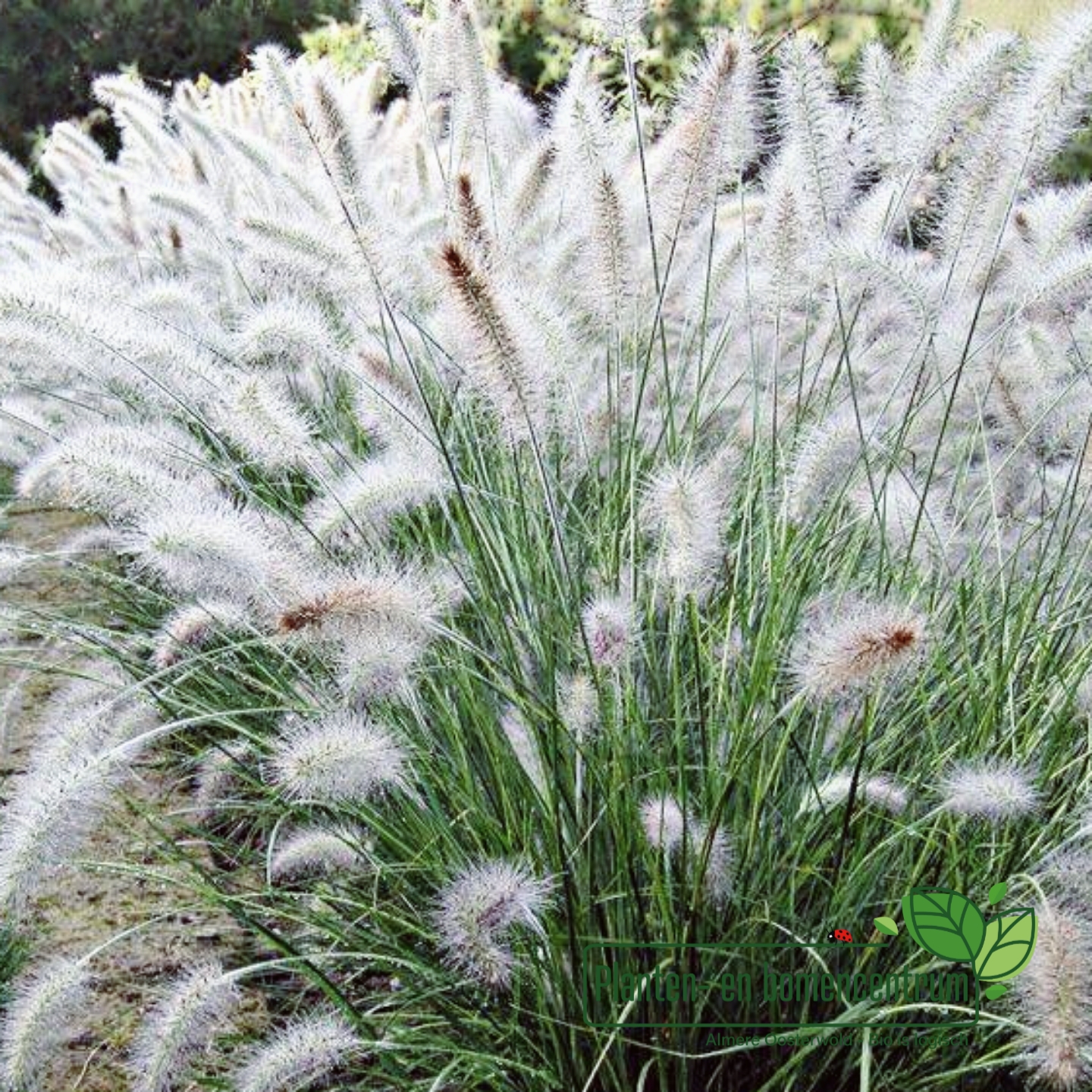
Pennisetum alopecuroides 'Hameln' Planten en Bomencentrum
Pennisetum alopecuroides 'Hameln' (Fountain Grass) is a compact perennial grass forming a dense clump of gracefully arching linear leaves. Bright green in summer, they turn golden-yellow in the fall before fading to beige. The foliage usually remains attractive throughout the winter.
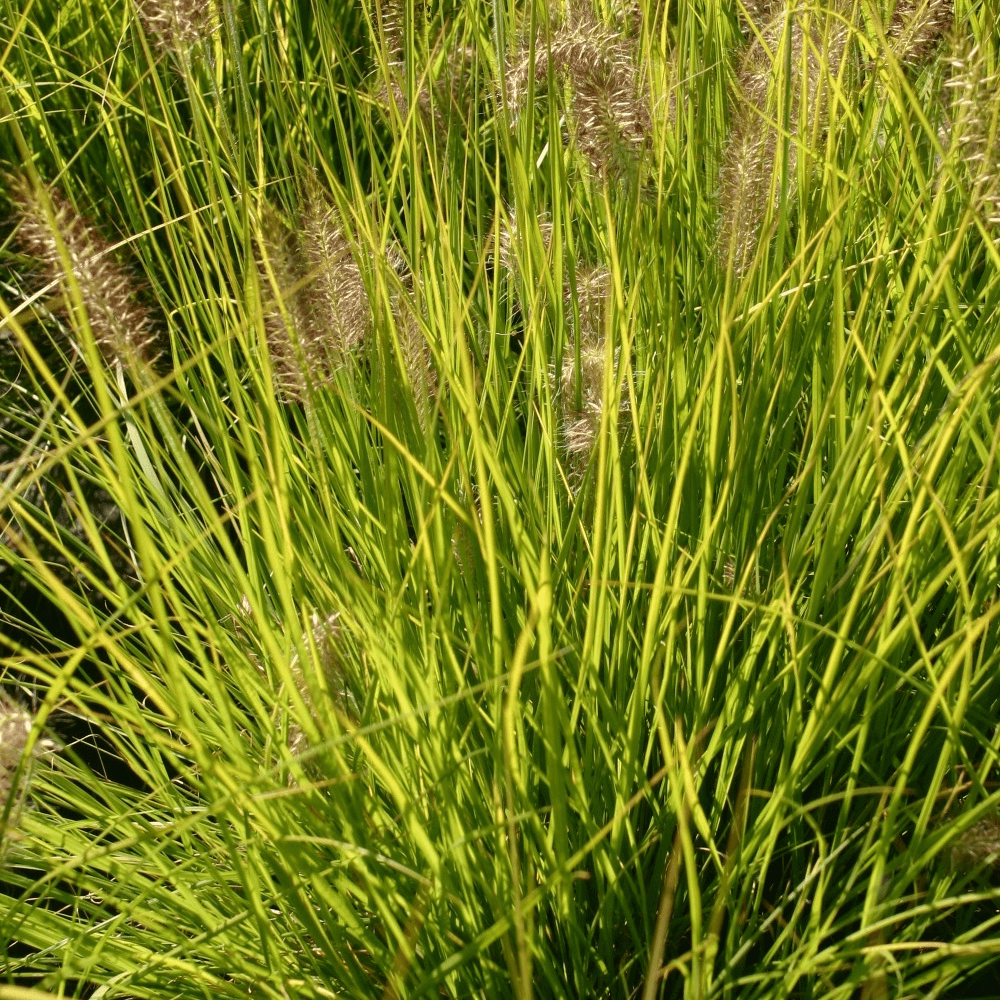
Pennisetum alopecuroides 'Hameln Gold' Golden Fountain Grass Ornamental Grasses Garden Plants
Pennisetum alopecuroides 'Hameln' also requires little maintenance and thrives in full sun and dry conditions. When planted in sweeps, its narrow stalks topped with blooms form a sea of motion. Pennisetum alopecuroides 'Hameln' transforms ordinary edges into lush borders. It works well as filler for large areas or as a specimen in small patios.
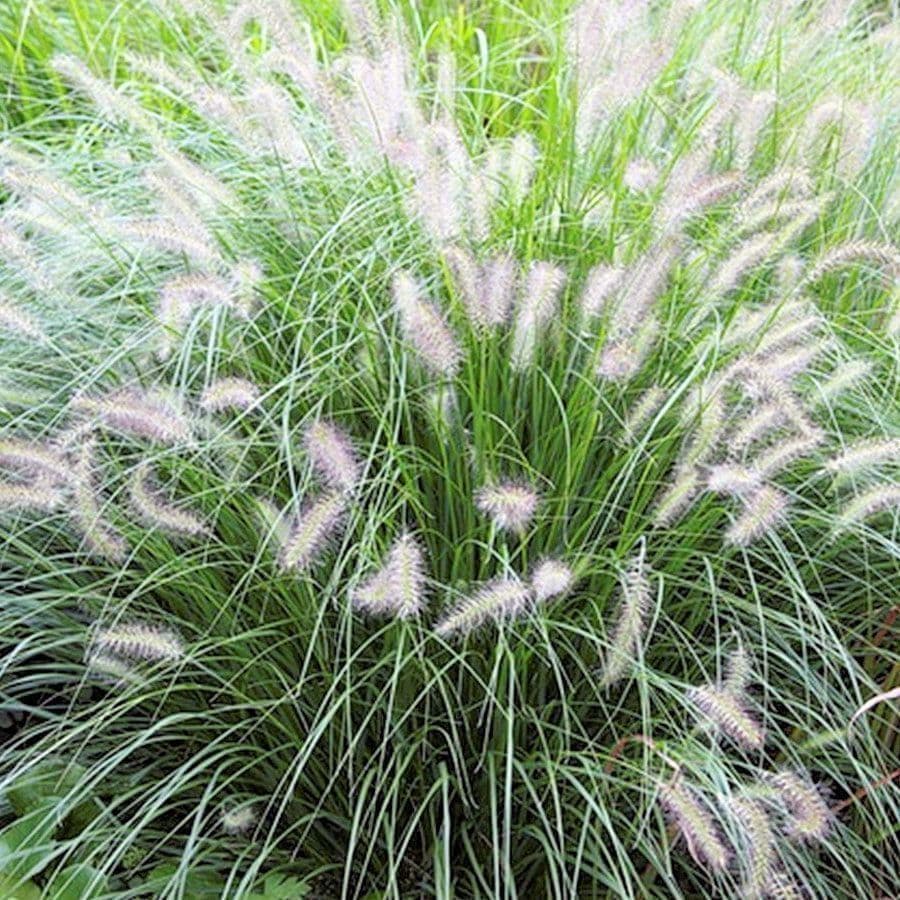
Pennisetum alopecuroides Hameln
FeaturesValued for its fine-textured foliage and compact growth habit. Showy white flower plumes are an added bonus. The flower heads make interesting additions to cut flower arrangements and can be dried for use in crafts. Few plants rival grasses for their beauty, grace, and year 'round interest.UsesThe perfect choice for beds and borders. Looks great in rock gardens. Nice for larger patio.
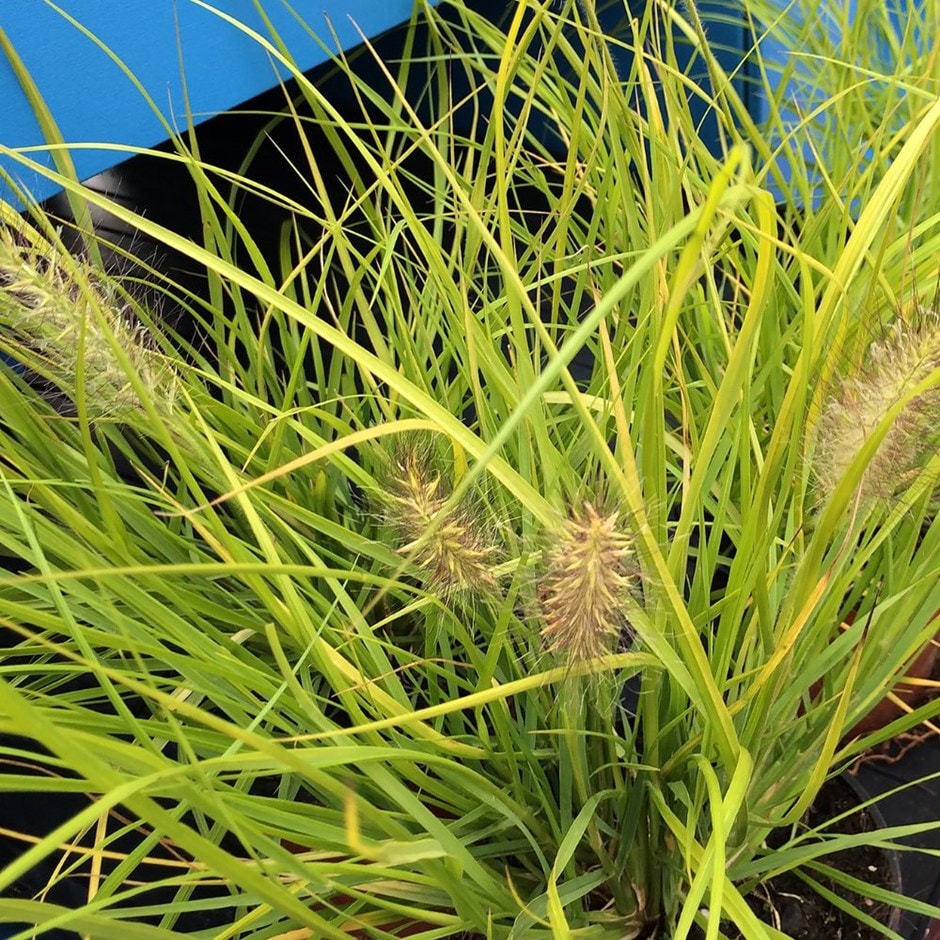
Buy fountain grass Pennisetum alopecuroides 'Hameln Gold (PBR)' Delivery by Waitrose Garden
Pennisetum alopecuroides 'Hameln' Pronunciation: pen-i-SEE-tum al-o-pe-kur-OH-deez SKU #06426 4.7 out of 5 star rating 4-11 Your climate might be too cold for this plant: Change Location Find In Store OVERVIEW DETAILS STYLE CARE This Plant's Growing Zones: 4-11 Your USDA Cold Hardiness Zone: Your climate may be too cold for this plant
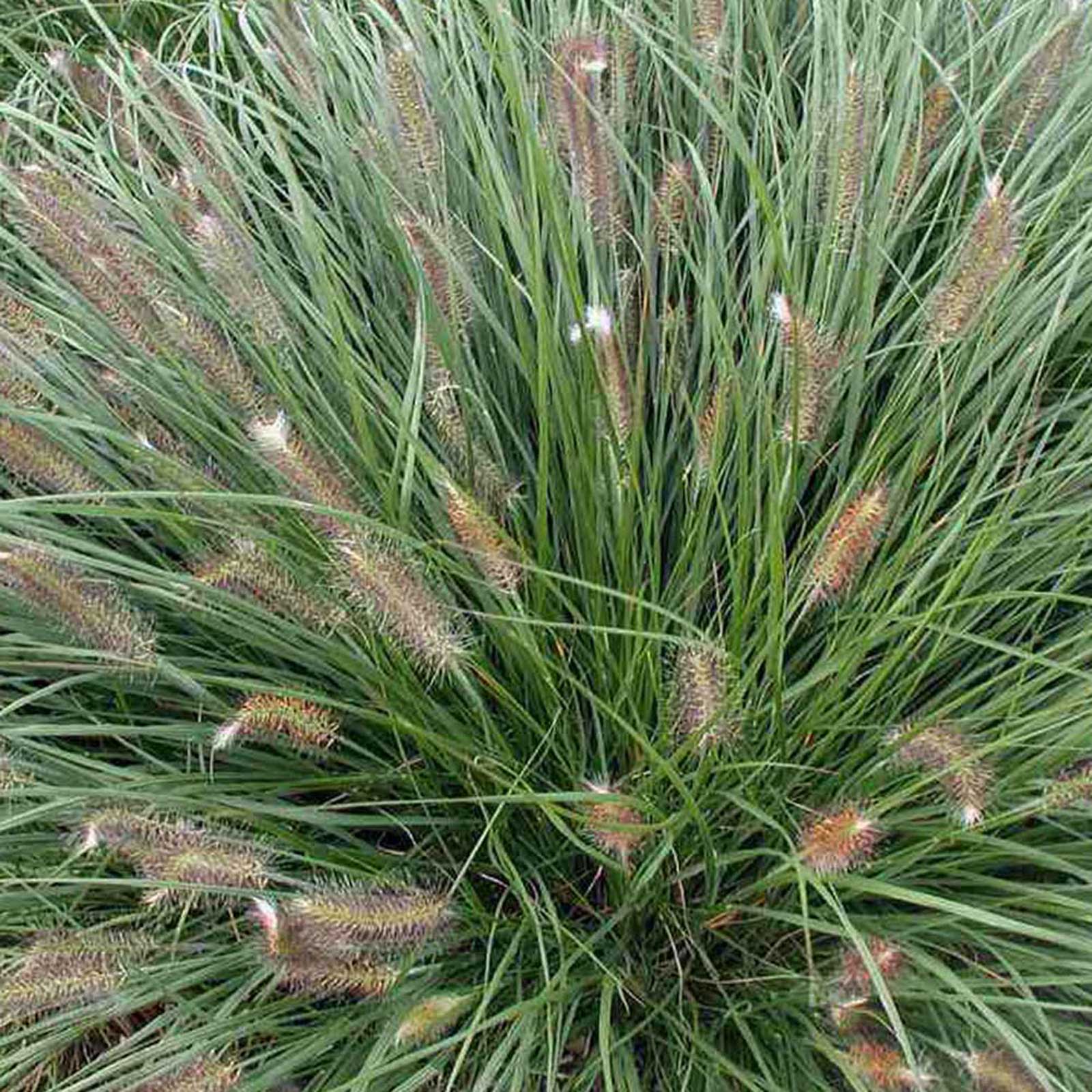
PennisetumalopecuroidesHamelnGrass Hedges Direct Blog
Family: Poaceae Native Range: Eastern Asia to western Australia Zone: 6 to 9 Height: 2.50 to 5.00 feet Spread: 2.50 to 5.00 feet Bloom Time: July to February Bloom Description: Silvery to pinkish-white Sun: Full sun to part shade Water: Medium to wet Maintenance: Low Suggested Use: Ground Cover, Rain Garden Flower: Showy, Good Cut, Good Dried
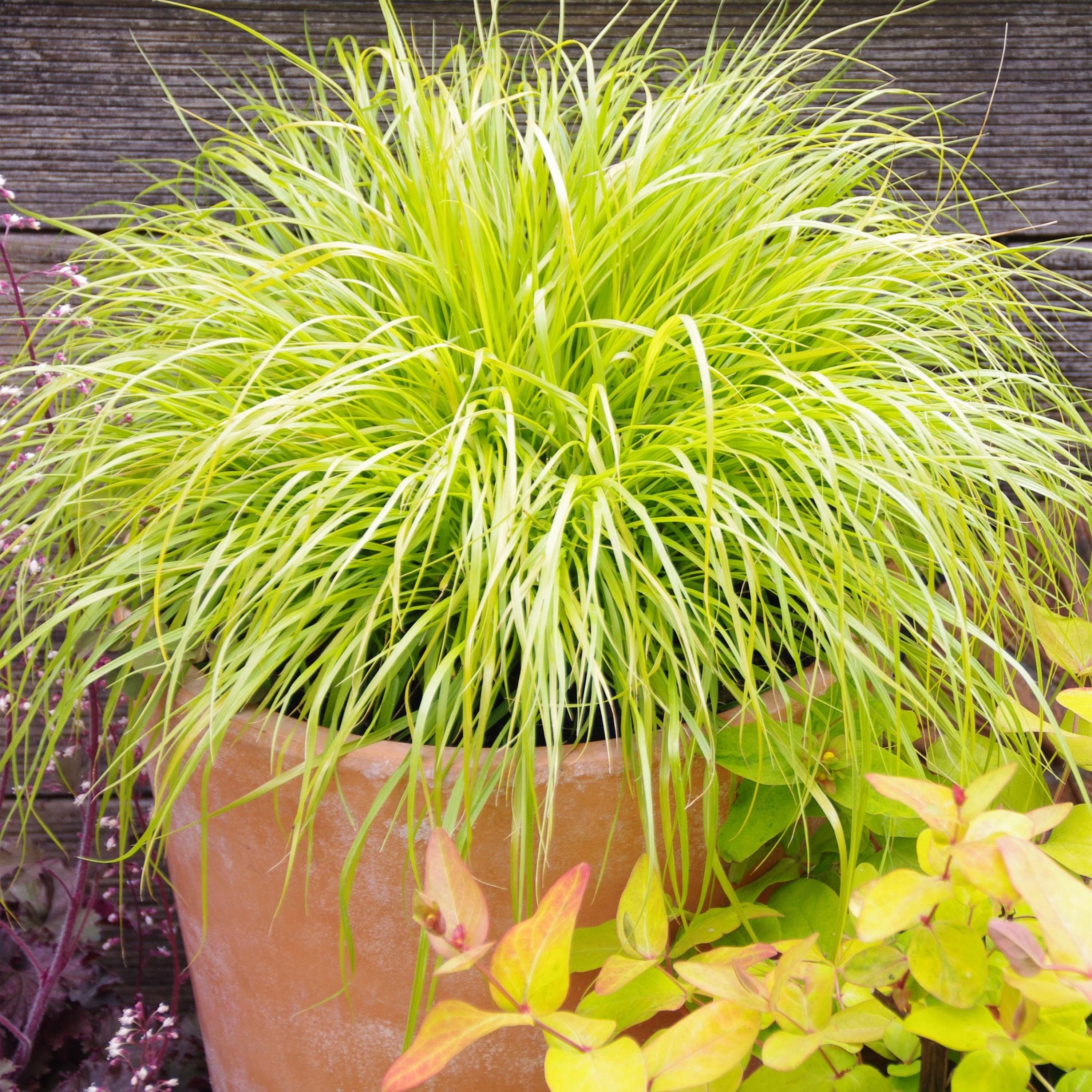
Pennisetum alopecuroides 'Hameln Gold' Golden Fountain Grass Ornamental Grasses Garden Plants
General Information Scientific name: Pennisetum alopecuroides 'Hameln' Pronunciation: pen-niss-SEE-tum al-loe-peck-yer-ROY-deez Common name(s): Dwarf Fountain Grass, 'Hameln' Fountain Grass Family: Gramineae Plant type: ornamental grass; herbaceous USDA hardiness zones: 5 through 8 (Fig. 1) Planting month for zone 7: year round
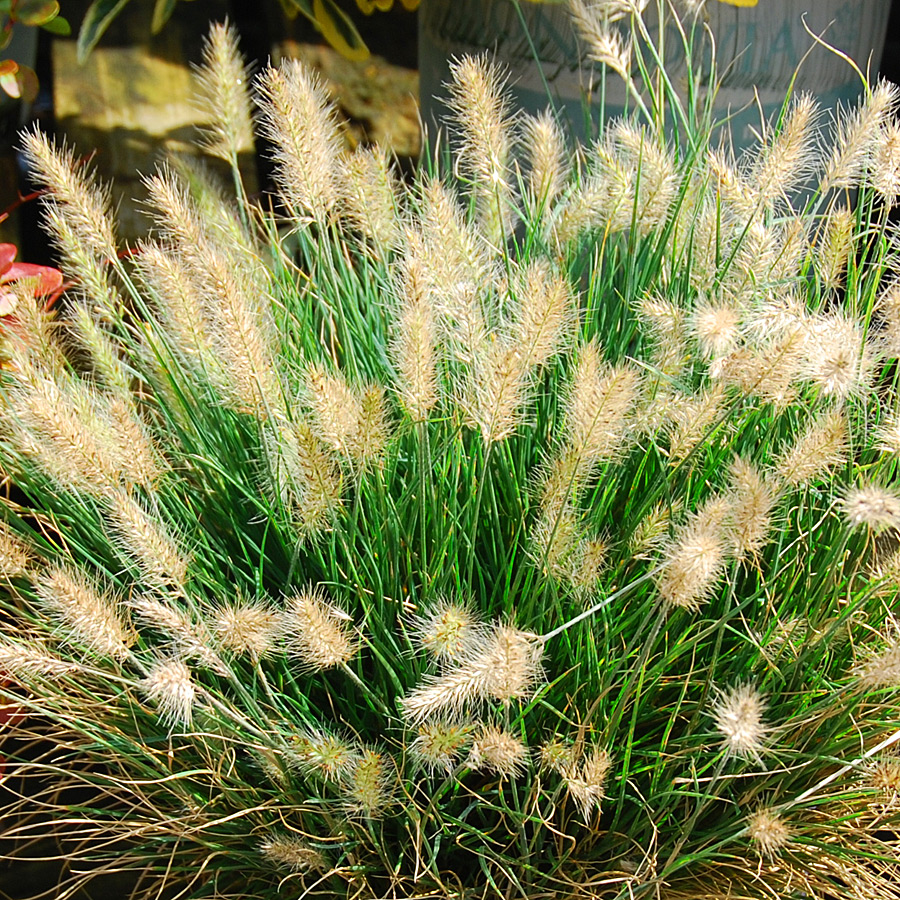
Pennisetum alopecuroides 'Hameln' Ornamental Grasses at Arts Nursery Ltd
Time to ultimate height 2-5 years Ultimate spread 0.5-1 metres Growing conditions Loam Sand Clay Moisture Well-drained pH Acid, Alkaline, Neutral Colour & scent Position Full sun Aspect South-facing or West-facing
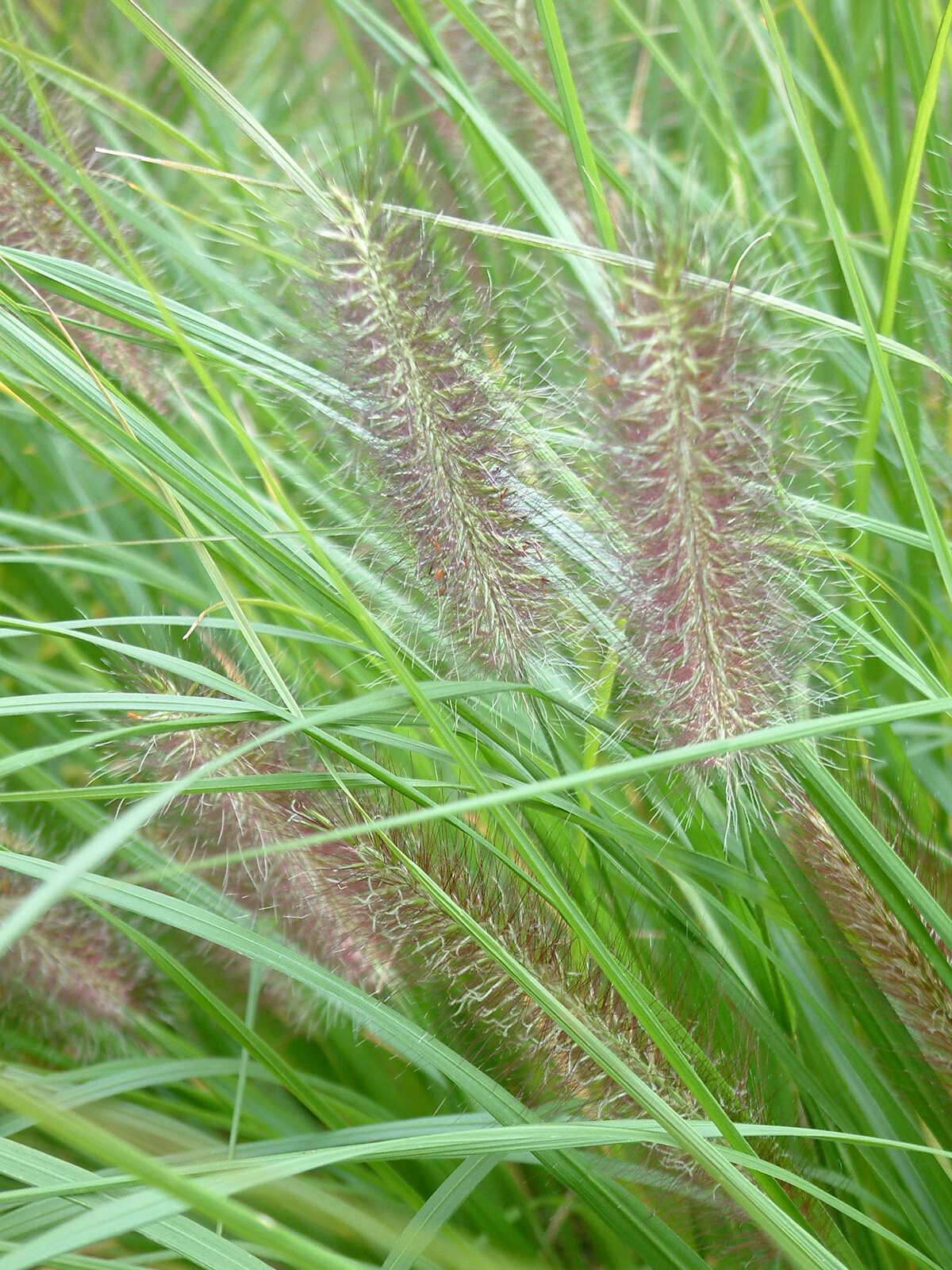
Pennisetum alopecu' 'Hameln' The Beth Chatto Gardens
Height: 1.50 to 2.50 feet Spread: 1.50 to 2.50 feet Bloom Time: August to October Bloom Description: Pinkish white Sun: Full sun to part shade Water: Medium to wet Maintenance: Low Suggested Use: Ground Cover, Rain Garden Flower: Showy, Good Cut, Good Dried Leaf: Colorful, Good Fall Attracts: Birds Other: Winter Interest

PENNISETUM ALOPECUROIDES 'HAMELN' Lampepoetsersgras
Pennisetum alopecuroides 'Hameln' is a hardy and versatile ornamental grass that is native to China and Japan. This clump-forming grass has a growth habit that is upright and narrow, reaching a height of 2-3 feet (0.6-0.9 m) and a width of 1-2 feet (0.3-0.6 m). 'Hameln' is often used as an accent plant, adding texture and movement to the landscape.
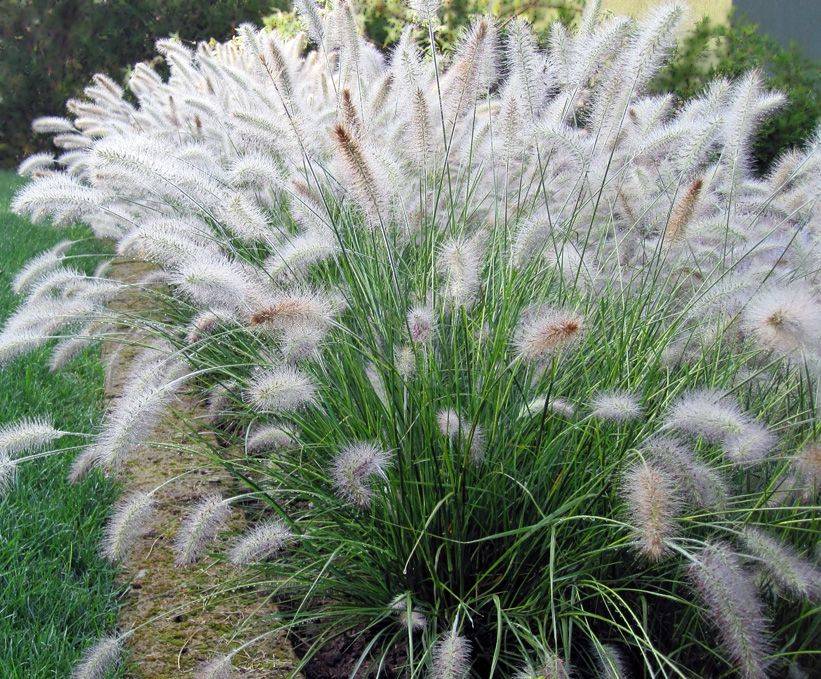
Pennisetum alopecuroides Hameln Palma Verde Exoten V.O.F.
Native to Asia and Australia, Pennisetum alopecuroides (Fountain Grass) is among the most beautiful and graceful ornamental grasses with its cascading foliage that rustles in the wind. Requiring very little care and providing almost nonstop drama in the garden. This cold-hardy grass typically grows in 2-3 foot tall (60-90 cm) rounded mounds of dark green foliage turning golden yellow or beige.
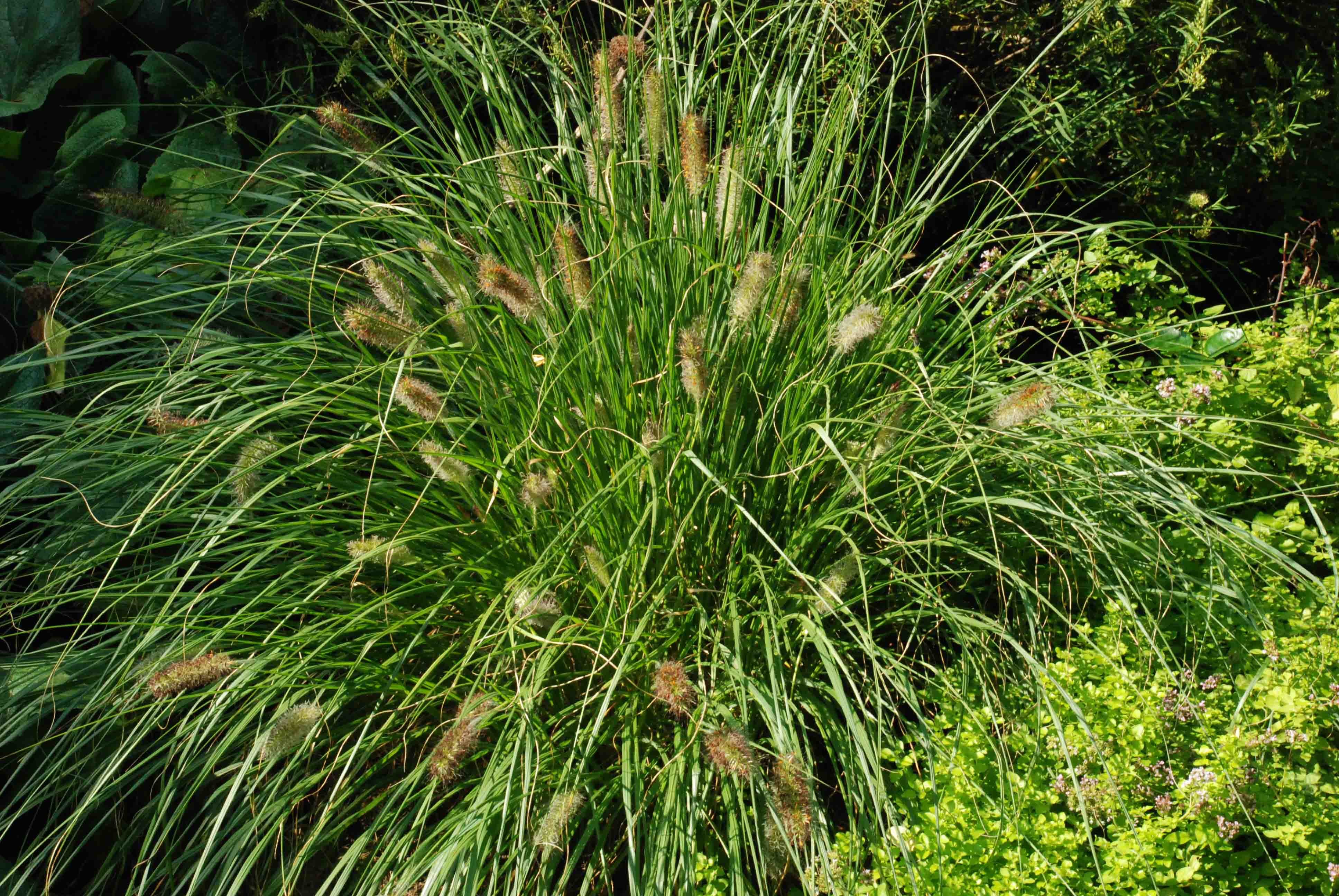
Pennisetum alopecuroides 'Hameln', graminée Pépinière du Penthièvre
Growing From Seed Potting and Repotting Overwintering The Pennisetum genus includes a variety of ornamental grasses known for their soft, fuzzy flower plumes. Part of the Poaceae family, these plants are also commonly referred to as fountain grasses.
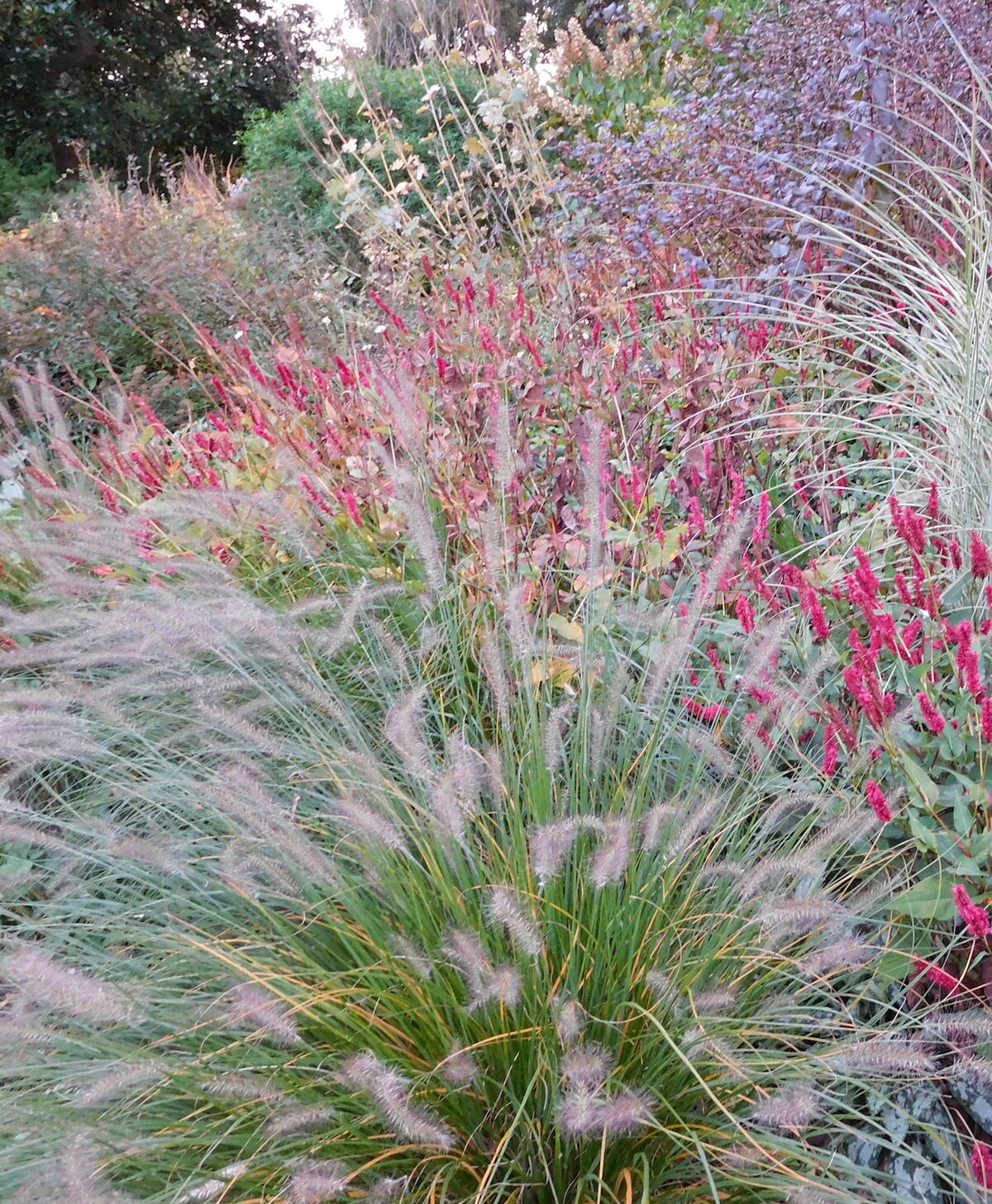
Pennisetum alopecu' 'Hameln' The Beth Chatto Gardens
Soil Chemistry: Acidic Soil (pH < 7.0) Neutral Soil (pH = 7.0) Bloomtime: Midsummer Critter Resistant: Deer Resistant Seasonal Interest: Fall Color Growth Rate: Medium Garden Style: Patio Container Eclectic Other Features: Border Plant Container Cut Flower Cut Foliage Easy To Grow Attractive Foliage Mass Planting Origin: